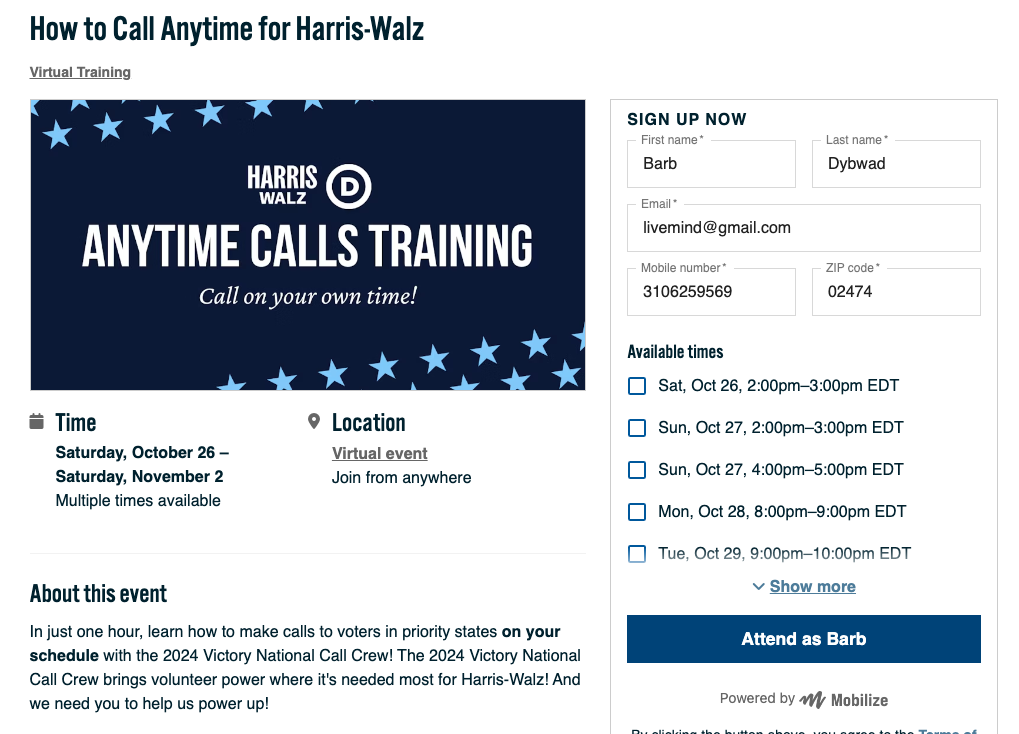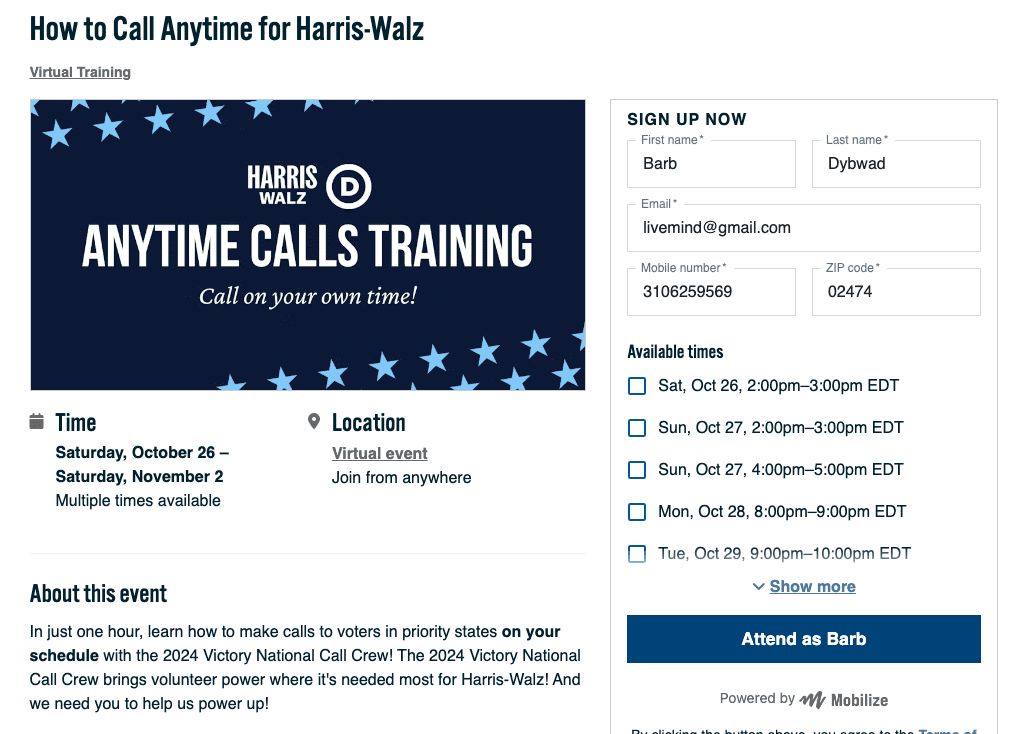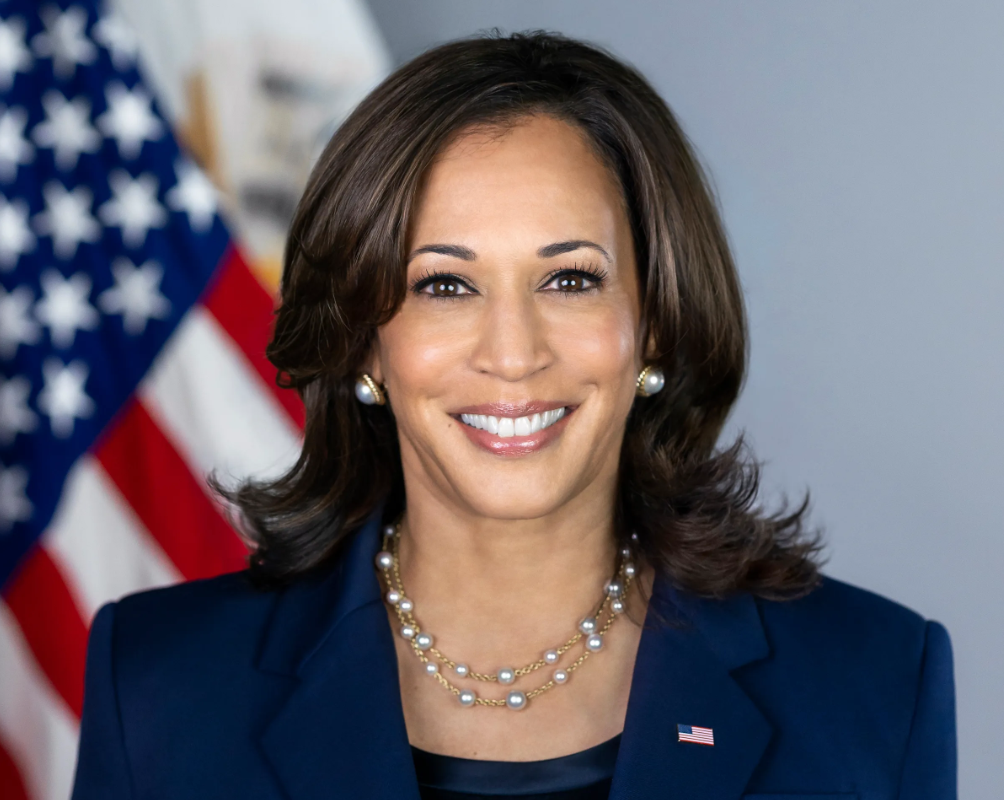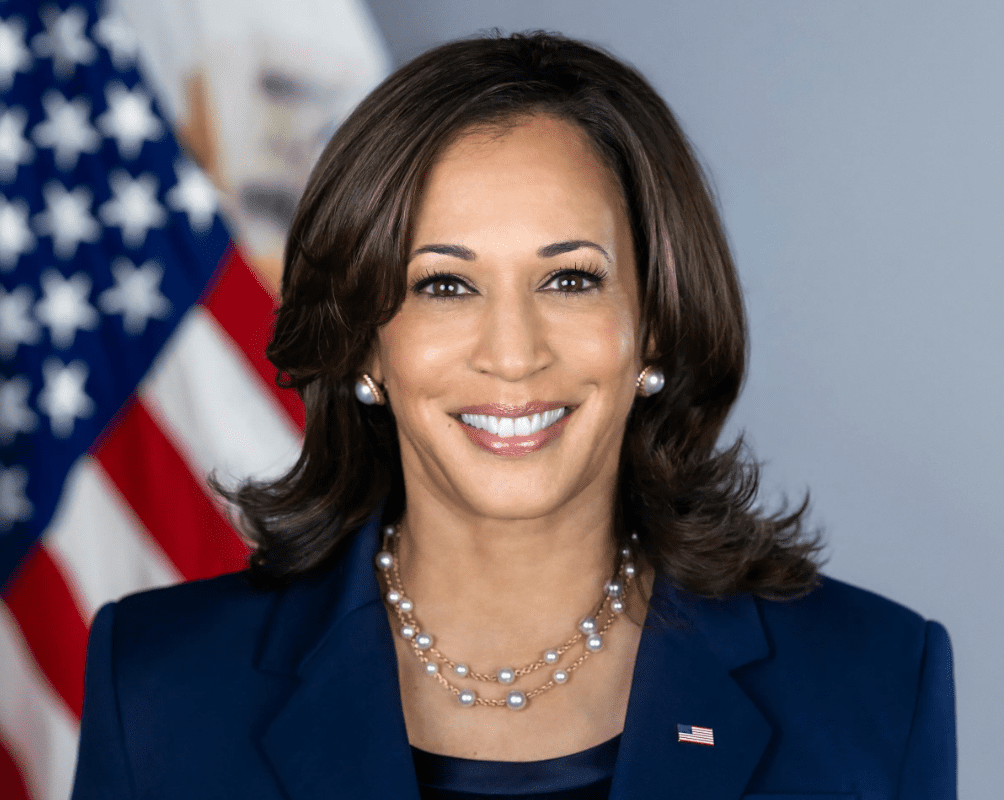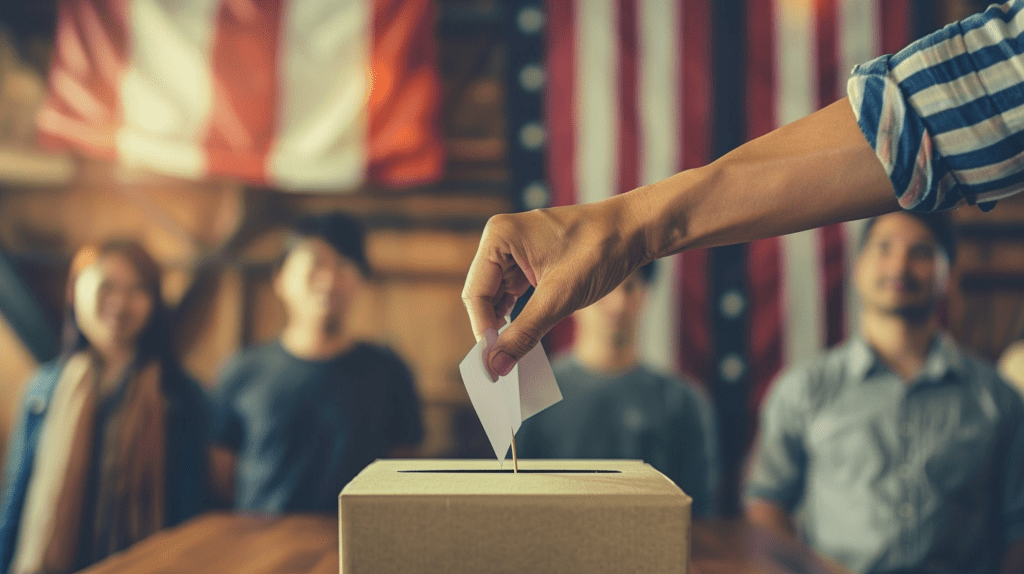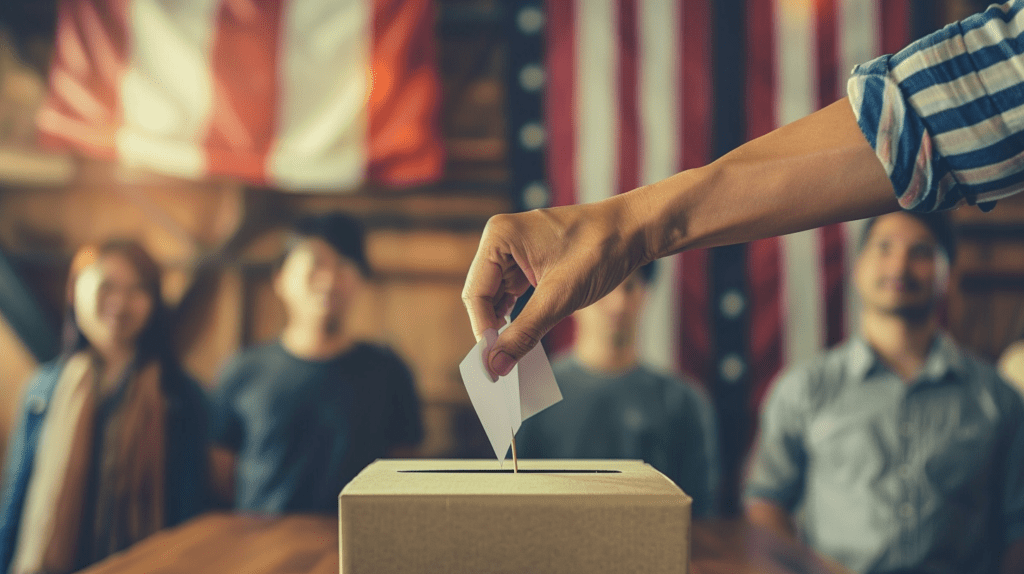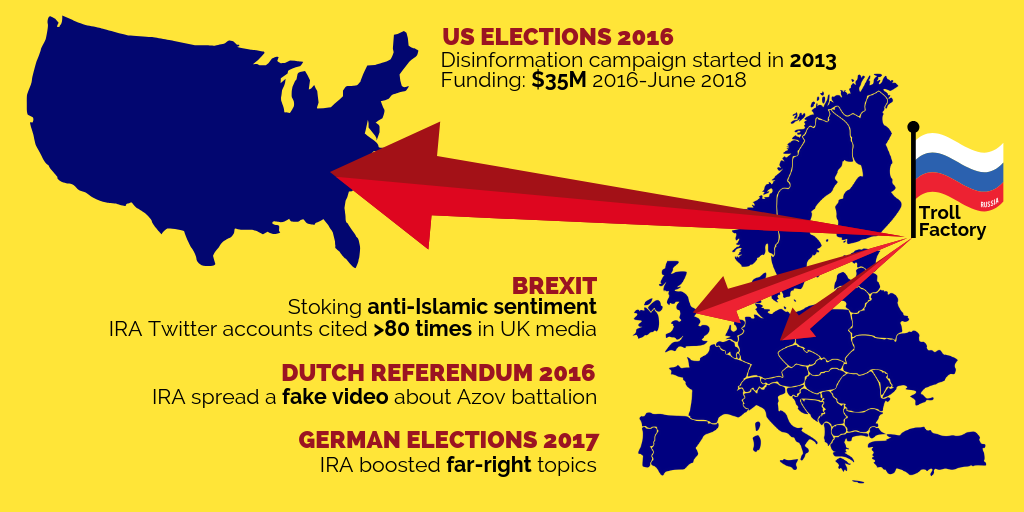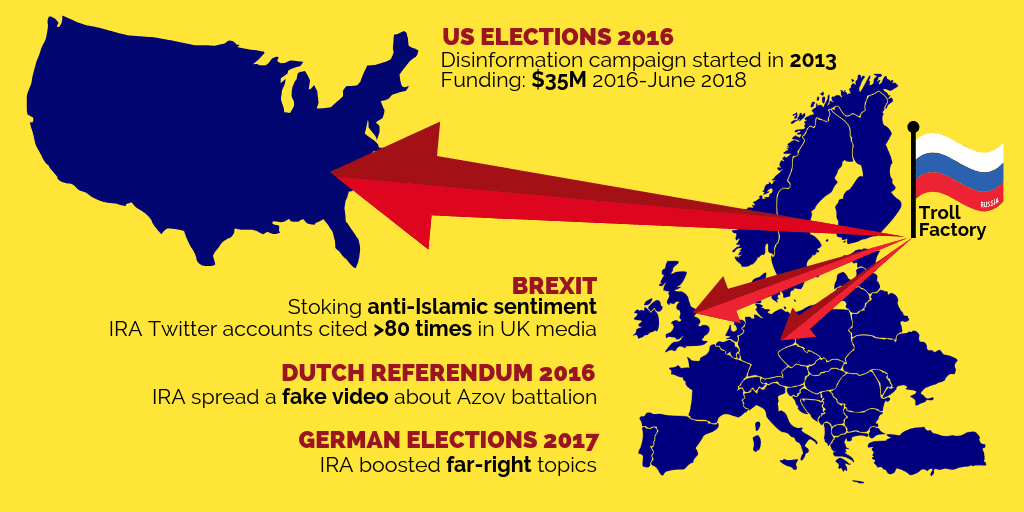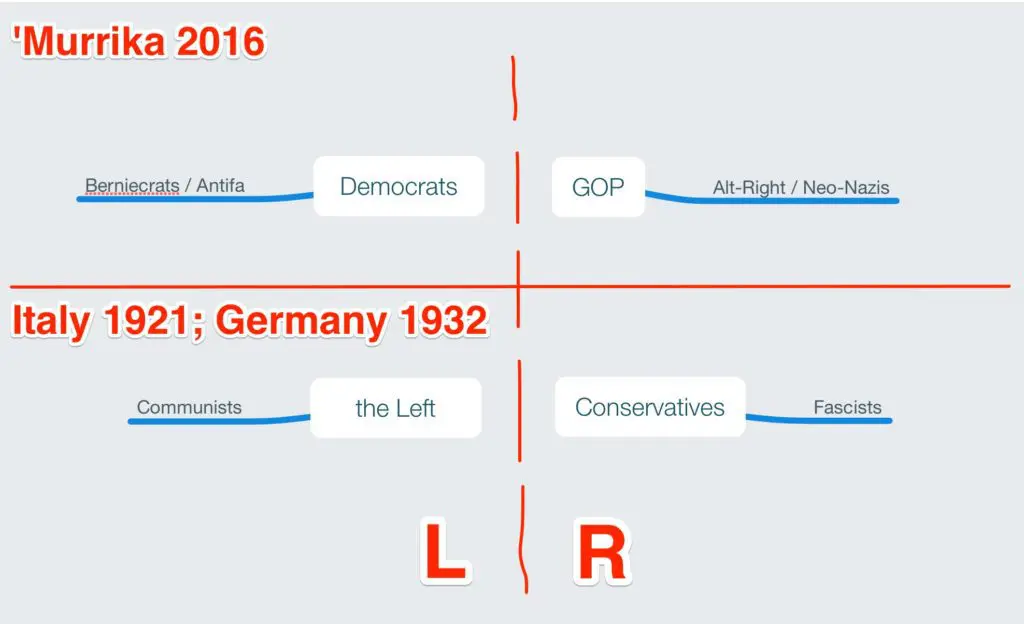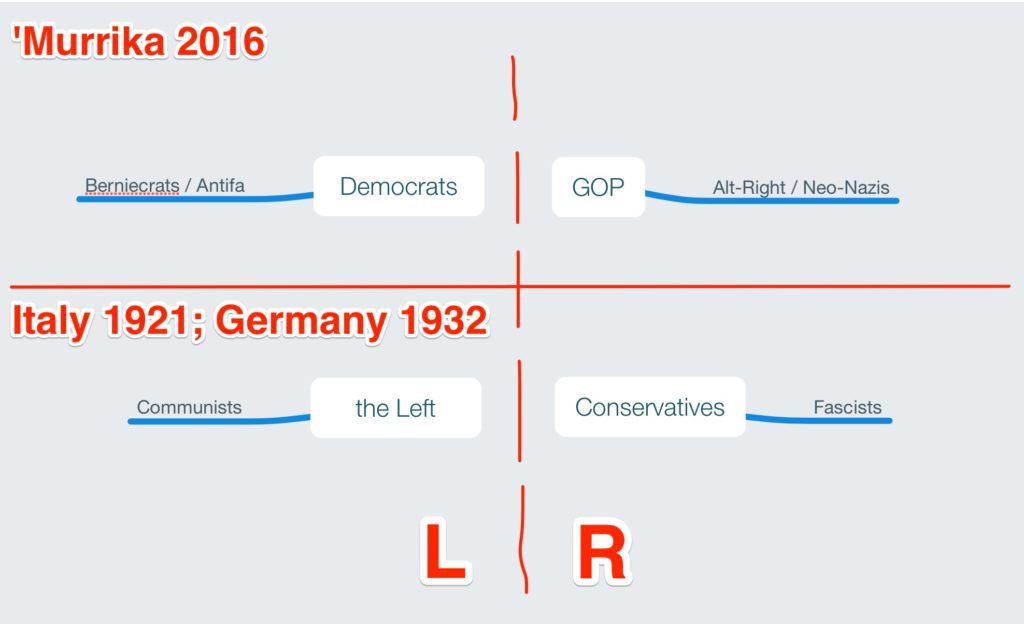What is RT.com? If you’ve been following international news in recent years, you’ve likely encountered content from RT — the state-owned Russian news service formerly known as Russia Today. But what exactly is this network, and why does it matter in our global information landscape?
The Birth of a Propaganda Powerhouse
RT didn’t emerge out of nowhere. Back in 2005, the Russian government launched “Russia Today” with a substantial $30 million in state funding. The official mission? To counter what the Kremlin perceived as Western media dominance and improve Russia’s global image.
What’s fascinating is how they approached this mission. Margarita Simonyan, appointed as editor-in-chief at just 25 years old, strategically recruited foreign journalists to give the network an air of international credibility. By 2009, they rebranded to the sleeker “RT” — a deliberate move to distance themselves from their obvious Russian state origins.
While RT initially focused on cultural diplomacy (showcasing Russian culture and perspectives), its mission shifted dramatically after the 2008 Russia-Georgia war. The network increasingly pivoted toward anti-Western narratives — a strategy that continues to this day.
How RT Spreads Disinformation
RT’s playbook is both sophisticated and concerning. The network regularly promotes conspiracy theories about everything from COVID-19 origins to U.S. election fraud. It strategically amplifies divisive issues in Western societies, particularly racial tensions in America.
The coverage of the Ukraine war offers a perfect case study in RT’s propaganda techniques. Their reporting consistently and erroneously:
- Blames NATO for the conflict
- Denies Russian war crimes (despite Hague warrant for Putin’s arrest)
- Frames the invasion as a “special operation” to “denazify” Ukraine (led by a Jewish president)
What makes RT particularly effective is its tailored regional messaging. In Africa, they operate “African Stream,” a covert platform promoting pro-Russian sentiment. In the Balkans, RT Balkan (based in Serbia) helps circumvent EU sanctions while spreading Kremlin-aligned content. Meanwhile, their Spanish-language expansion targets Latin American audiences with anti-Western narratives.
Beyond Media: Covert Operations
Perhaps most concerning is evidence suggesting RT extends far beyond conventional media operations. U.S. officials have alleged that RT funneled $10 million to pro-Trump influencers ahead of the 2024 election, leading to Department of Justice indictments of RT staff.
The network reportedly recruits social media influencers under fake accounts to obscure Russian involvement. More alarmingly, RT-associated platforms allegedly supply equipment (including drones, radios, and body armor) to Russian forces in Ukraine, with some materials sourced from China.
According to U.S. intelligence assessments, RT hosts a clandestine unit focused on global influence operations — blurring the line between media and intelligence work.
Money and Organization
As with any major operation, following the money tells an important story. RT’s annual funding has grown exponentially — from $30 million at its founding to $400 million by 2015. For the 2022-2024 period, the Russian government allocated a staggering 82 billion rubles.
The network’s organizational structure is deliberately complex. RT operates under ANO TV-Novosti (a nonprofit founded by RIA Novosti) and Rossiya Segodnya (a state media conglomerate established in 2013). Its subsidiaries include Ruptly (a video agency), Redfish, and Maffick (digital media platforms).
Staying One Step Ahead of Sanctions
Despite being banned in the EU and U.S. following Russia’s 2022 invasion of Ukraine, RT continues to expand its reach in Africa, Latin America, and Serbia. The network has proven remarkably adaptable at circumventing restrictions — using proxy outlets like “Red” in Germany and RT Balkan in Serbia to bypass sanctions.
The international response has been significant but inconsistent. The U.S. designated RT a foreign agent in 2017, the EU banned it in 2022, and Meta removed RT from its platforms in 2024. The U.S. has also launched campaigns to expose RT’s ties to Russian intelligence and limit its global operations.
Why This Matters
RT exemplifies modern hybrid warfare — blending traditional state media with covert influence operations and intelligence activities to advance Kremlin interests globally. Despite sanctions and increasing awareness of its true nature, RT’s adaptability and substantial funding ensure its continued reach.
For those of us concerned about information integrity and democratic resilience, understanding RT’s operations isn’t just academic — it’s essential for navigating our increasingly complex media landscape.
